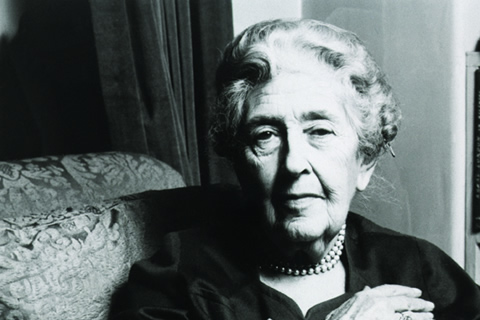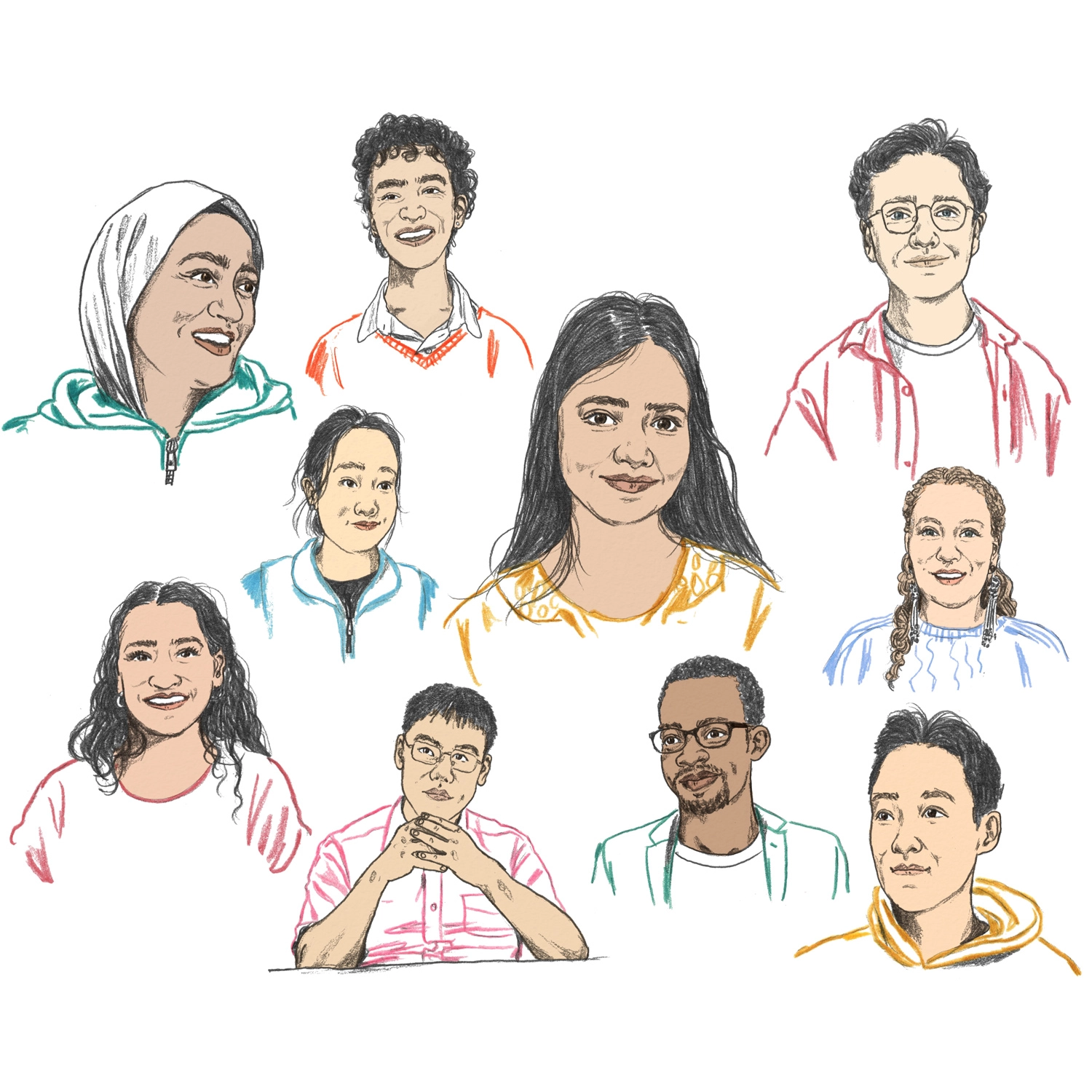When Wojciech Gryc, 21, was in high school, he started the non-profit organization and online magazine Five Minutes to Midnight to muster opposition to the Iraq War and generate interest in human rights. Now Gryc, a U of T Scarborough graduate who majored in International Development Studies and math, has been named an Ontario Rhodes Scholar for 2008. Gryc will attend the University of Oxford to pursue a master’s degree in mathematical modelling and scientific computing. He says that it’s all in the name of providing technical knowledge that can be used to improve lives.
You travelled to Kibera, Kenya – one of Africa’s biggest slums – last summer with Five Minutes to Midnight. You trained people to use computer software and produce a newspaper. How did this come about? About two years ago, grassroots organizations abroad started asking Five Minutes to Midnight for training and help. That’s how we decided to help others publish. Our first project was in Chad in December 2005 with a group called Rafigui. During that time, we heard from an organization called Shining Hope for Community, which is based in Kibera. We decided to go there to run technology and journalism workshops.
What impact does your work have on a community? A lot of the groups we work with use newspapers as a way to spread social messages about violence in schools, HIV/AIDS, women’s rights and other issues. And the technical skills people gain when they’re working on these projects allow them to find jobs…. One person we worked with in Kenya ended up being really interested in programming, and we spent a lot of time on weekends going over it and now she’s working as a network administrator. It’s just one person, but then you start building connections and in the long run it could lead to many more opportunities.
There are so many different models for development. How did you decide where to channel your efforts? This is a question that comes up a lot. Why are you training people to design newspapers when you could raise money for food aid? If you’re going to bring food to an area that’s experiencing famine, that’s really good but it’s a short-term solution. Teaching people to farm is a longer-term solution. And that’s how I see training people in technology and journalism.
Where did the general imperative to help other people come from? In October 2002, my sister passed away. I was 16 and it was the first big family tragedy I lived through. Following that, the war in Iraq started and I realized that this happens every day to millions of families. I thought that this would be a good way to give back and come to peace with the experiences I’ve had.





